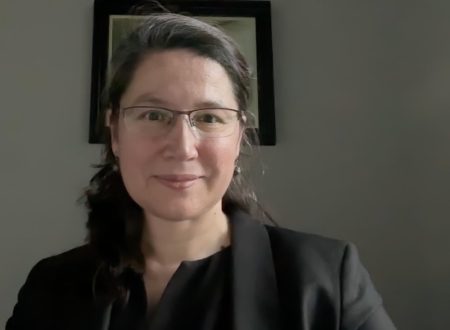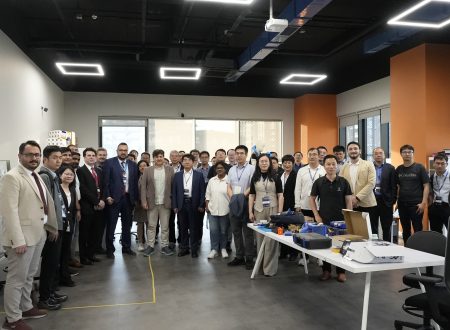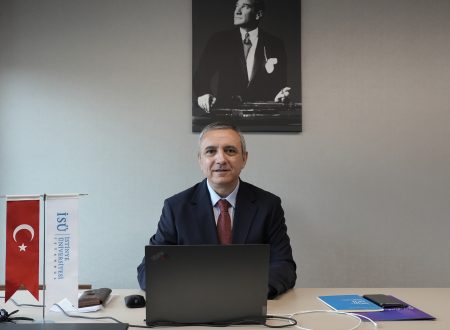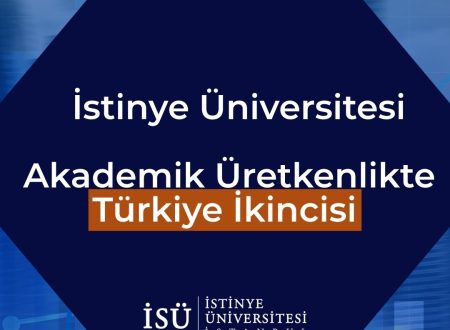Forgetting Is a More Active Process Than Remembering
Dean of Istinye University Faculty of Medicine Prof. Dr. Türker Kılıç evaluated a recent study redefining the biology of memory.
A newly published scientific study challenges long-held assumptions about the nature of memory. The findings reveal that forgetting is not a passive loss, but an active and adaptive process. Dean of Istinye University Faculty of Medicine Prof. Dr. Türker Kılıç commented on the results, stating:
“From the perspective of brain biology, forgetting requires much more energy than remembering.”
Forgetting Is Not Erasure, but Active Reorganization
Prof. Dr. Kılıç emphasized that, traditionally, forgetting has been perceived as the gradual fading or deletion of information, and added:
“New research shows that forgetting is actually a conscious reorganization carried out by the brain to adapt to changing conditions. Memory traces, known as engrams, are not entirely erased; their accessibility is temporarily blocked. This mechanism allows us to suppress irrelevant information and prioritize what is current. In this sense, forgetting is an adaptive form of cognitive flexibility.”
Engram Competition: The Biological Basis of Forgetting
Drawing attention to the concept of engram competition as the biological foundation of forgetting, Prof. Dr. Kılıç explained:
“The brain can store multiple memory traces for the same stimulus, and these traces compete for behavioral expression. Which memory becomes dominant and which one is suppressed is determined by this competition. Factors such as sleep, neuroplasticity, and emotional intensity also influence the process. Forgetting is the natural outcome of this biological race.”
Pathological Forgetting: When the System Malfunctions
Referring to the link between this mechanism and neurological disorders such as Alzheimer’s, Prof. Dr. Kılıç noted:
“Normally, the forgetting mechanism is adaptive. However, in some cases, the excessive activation of incorrect engrams may block access to original memories. From this perspective, the study provides a unifying framework connecting natural and pathological forgetting.”
“Forgetting Is Not a Loss, but a Reprioritization”
Finally, Prof. Dr. Türker Kılıç emphasized the need to redefine forgetting in terms of brain function:
“Forgetting is not a loss; it is a dynamic reprioritization within the brain’s information network. Engram competition explains both the energetic cost of remembering and our ability to adapt to changing conditions. To sustain life, the brain has learned not only to store information, but also, when necessary, to forget.”







